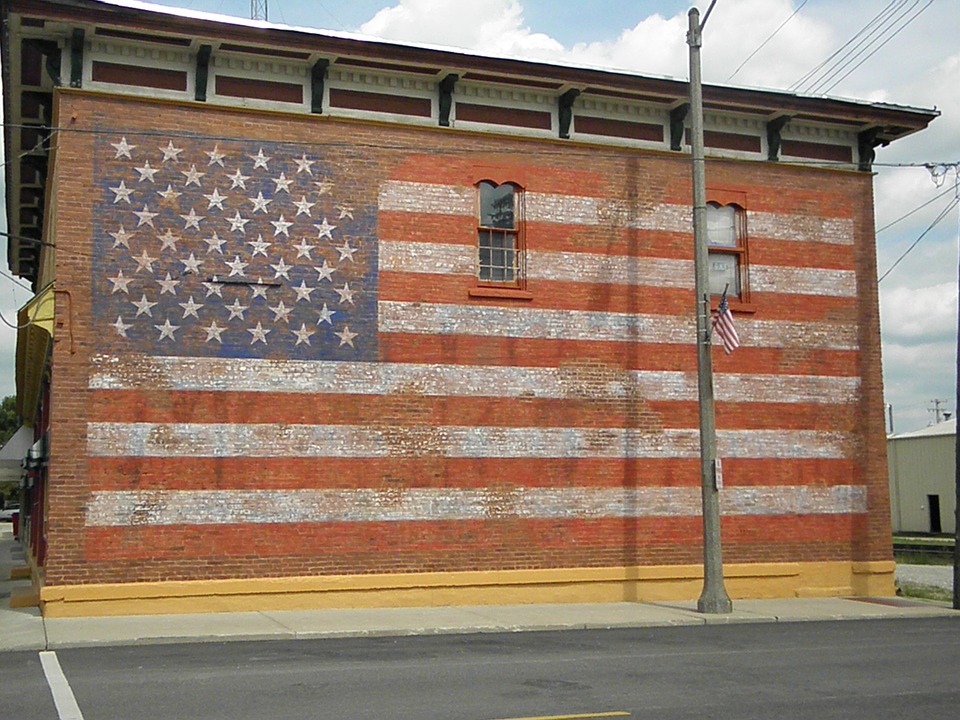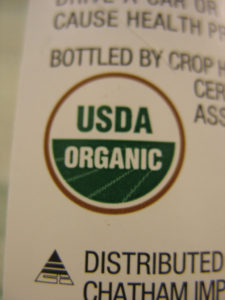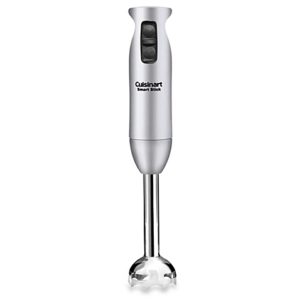For a beverage, coffee is very controversial in the health community.
A few years ago as we were carpooling to a retreat, a friend of mine said, “Guess what?! I quit coffee!”
Knowing that I am in the field of natural health, she thought this would impress me.
She explained that she’d been getting terrible, migraine-level headaches and she quit coffee to see if that could be the culprit. The headaches stopped, and she was proud of herself for finding the answer.
I dug a bit further.
What kind of coffee do you drink? Do you make it at home? What do you put in it?
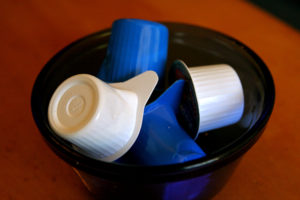 She told me she makes it at home and uses regular coffee from the store. She loves to put a flavored non-dairy creamer in it every day, because it “tastes so good!”
She told me she makes it at home and uses regular coffee from the store. She loves to put a flavored non-dairy creamer in it every day, because it “tastes so good!”
Ah ha! Yes, there it is.
I told her I thought it was great that she’d cured her headaches, but from my research coffee isn’t a terrible thing: there have even been studies that show protective benefits against cancer and other diseases.
The problem is probably the coffee creamer–look at those ingredients! No milk whatsoever: a laundry list of unpronounceable additives, colors, thickeners and flavors. I’d be willing to bet that’s your issue right there.
Try drinking coffee with just milk or cream and see if you still get a headache.
My friend has happily been enjoying coffee ever since, headache-free.
So, is Coffee Bad or What?

Coffee: people either love it or hate it. Most of my friends who don’t drink coffee are rather proud of themselves that they don’t need “that crutch” every morning. The Weston A. Price Foundation, who I respect for nutritional information, doesn’t recommend coffee at all (don’t even try to talk about coffee on one of their many forums: you’ll get a stern talking-to).
Some people do have an issue with the caffeine. My cousin loves coffee, but always drinks decaf because she can’t handle the caffeine. Personally, I have always loved the taste of coffee but didn’t drink it regularly until after my son was born. After that I began to crave the taste of it.
Some nights I want to go to sleep early so I can wake up and drink coffee. I just love it: the taste, the warmth, the feeling.
Like other foods that people have been enjoying for thousands of years, coffee is a traditional food. As such, I have no problem with it. In recent years headlines have gone to both extremes:
coffee is an addictive toxin–stay away!
Coffee may prevent colon cancer!
Coffee will kill us all–it’s a drug!
It’s fun to watch the media go back and forth on these issues, but I prefer to do my own research and see how a food affects me personally before I make a decision to give up something I really enjoy.
About a year ago I started to get anxious for no reason. My chest felt tight and I just felt stressed out, even though nothing was really going on. My neck was starting to hurt and my heart would sometimes beat irregularly.
I thought it was the coffee. I’d have to give it up.
So I stopped drinking it for awhile, and I felt better. But what do I drink in the morning? I’d sometimes drink a matcha latte or a cup of broth, but it just wasn’t the same. So I went to decaf, finding an organic water-processed one that I liked.
Did you know coffee is decaffeinated using a chemical cocktail that leaves a residue on the coffee beans? That’s why I always look for water-processed when I buy decaf.
In the end, I found a chiropractor that took some X-rays and showed me that I could benefit from spinal adjustment, and those symptoms of anxiety, tightness and irregular heartbeats have subsided, even while drinking my regular coffee.
Yay! Coffee wins again!
Now I am free to enjoy my morning cup without fear or guilt.
And if you like coffee and don’t suffer any ill effects, I think you should, too.
There are a some things to keep in mind with coffee, however. Here are a few:
Conventional coffee is loaded with pesticides.
Buy organic so you don’t get a nice swig of toxins with your morning Joe. There are so many options these days–you can find organic coffee in virtually every coffee option there is: ground or whole bean, dark or light roast, flavored or unflavored, caf or decaf.
For decaf: get water-processed.
The de-caffeination process typically involves harsh chemicals and solvents. If you want to avoid those chemicals, look for “water-processed” decaf–many of the organic versions are already water processed.
It’s also best to get single-origin coffee
Because coffee is such big business, most coffee is sold in “blends” and the coffee beans may have come from all over the world. So if any one of those batches of coffee was contaminated with a mold or other coffee crop blight, your whole coffee blend is affected. Getting single-origin coffee reduces the risk of that happening.
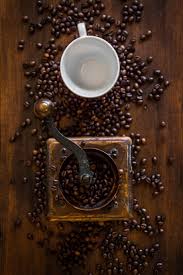 Buy whole beans and a grinder.
Buy whole beans and a grinder.
Freshly ground beans taste so much fresher than pre-ground; I can really taste the difference! Try it and I think you’ll agree it’s worth the extra few seconds to grind your beans every morning.
Grinders are inexpensive and easy to use. Lately I’ve been having fun grinding my own beans in this manual burr grinder.
Use real ingredients.
I love to add a lot of healthy things to my coffee: like whole raw milk, gelatin powder, coconut oil, butter, Ceylon cinnamon and Real Salt. Sometimes I even add a pastured raw egg. It’s a regular real-food smoothie by the time I’m finished–so much better than any coffee shop!
Get an immersion blender
Especially if you’re adding a bunch of ingredients to nutrition-out your coffee like I do–you’ll be so glad you have this super handy tool. It’s also great for mixing up soups, pancake mix, and other recipes–and very easy to clean.
Don’t drink it black or on an empty stomach.
The absorption of caffeine in coffee can be slowed by eating something and by adding some fat to your coffee, in the form of milk, cream, coconut oil, butter, gelatin, etc. So mix it up!
Here’s how I make my bullet-proof(ish) coffee every morning:
Tell me:
How do you like your coffee?
Or what do you drink instead?
New to Freedom & Coffee? Start here.
Disclosure: many of the product links in this post are affiliate links, which means I will receive a small commission from any purchase. I only recommend products that I love and this is at no extra cost to you. Thank you for supporting our mission with your clicks!
